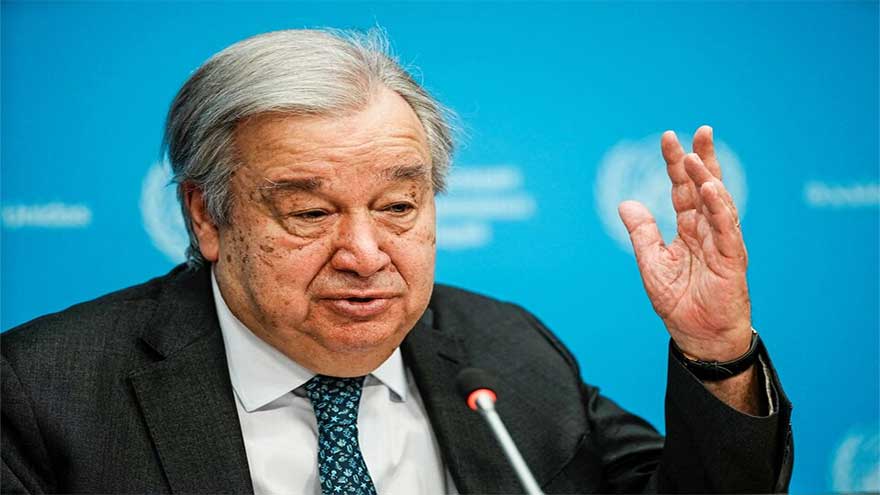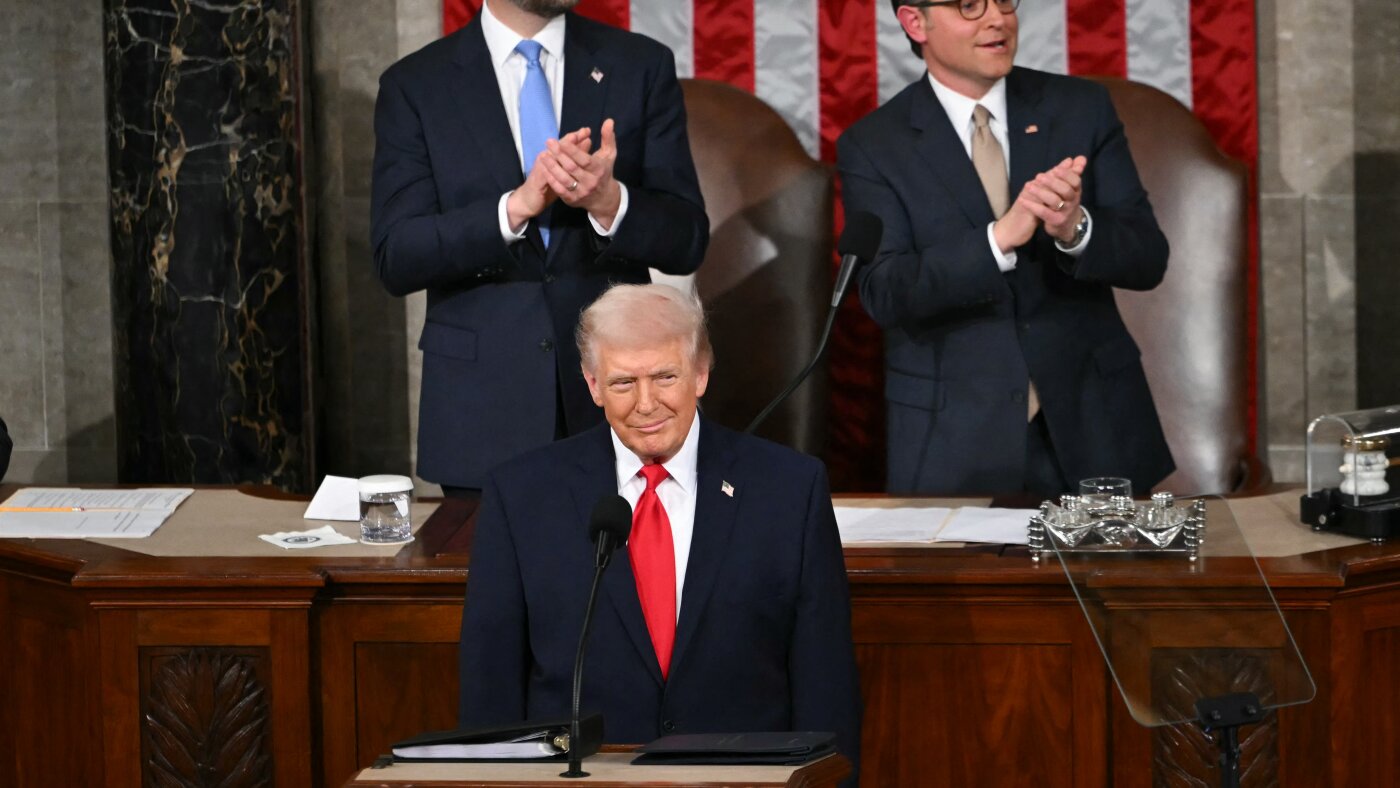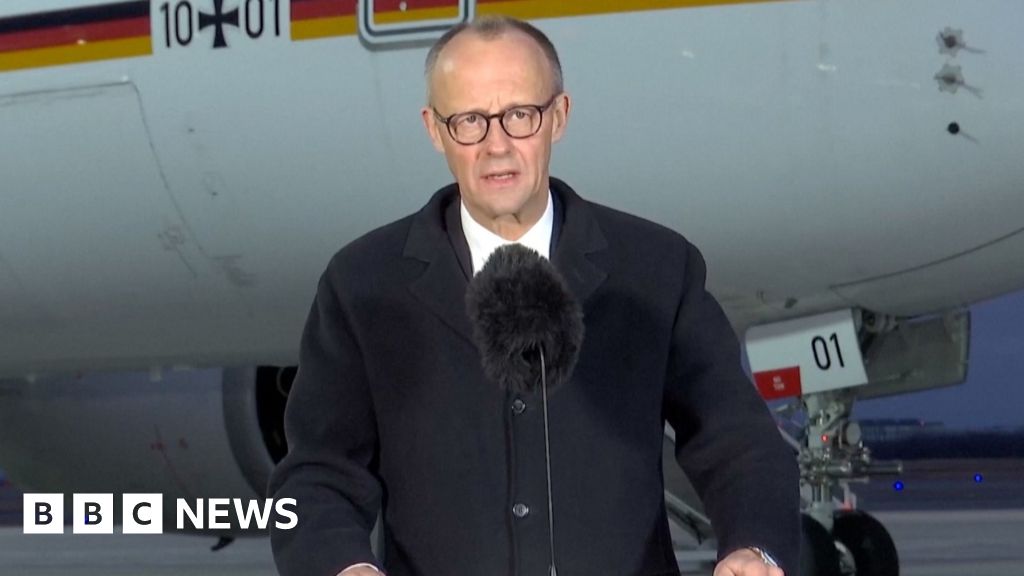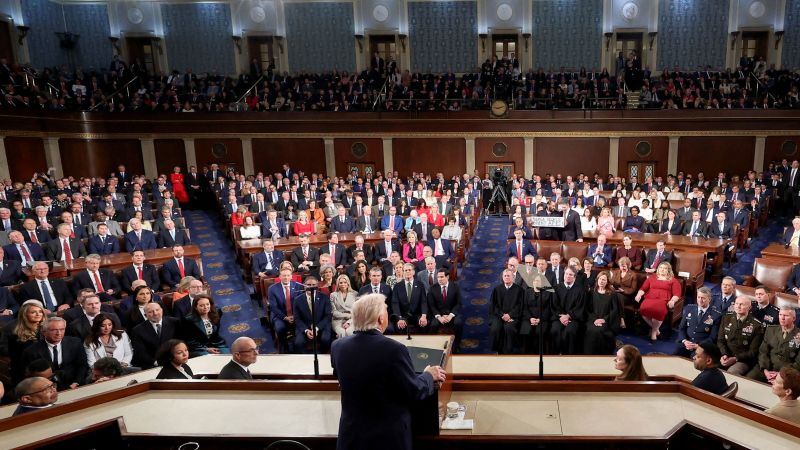ANI |
Updated: Feb 25, 2026 09:55 IST
Washington DC [US],…

WASHINGTON (Reuters) – Four years after Russia’s full-scale invasion of Ukraine, UN Secretary General Antonio Guterres said the war there remained “as a stain on our collective conscience” and reiterated calls for…

President Donald Trump arrives to deliver his State of the Union address in the House Chamber of the U.S. Capitol in…


President Donald Trump made numerous false or misleading claims in his State of the Union address on Tuesday night.
Many of them were long-debunked falsehoods familiar from his rallies,…